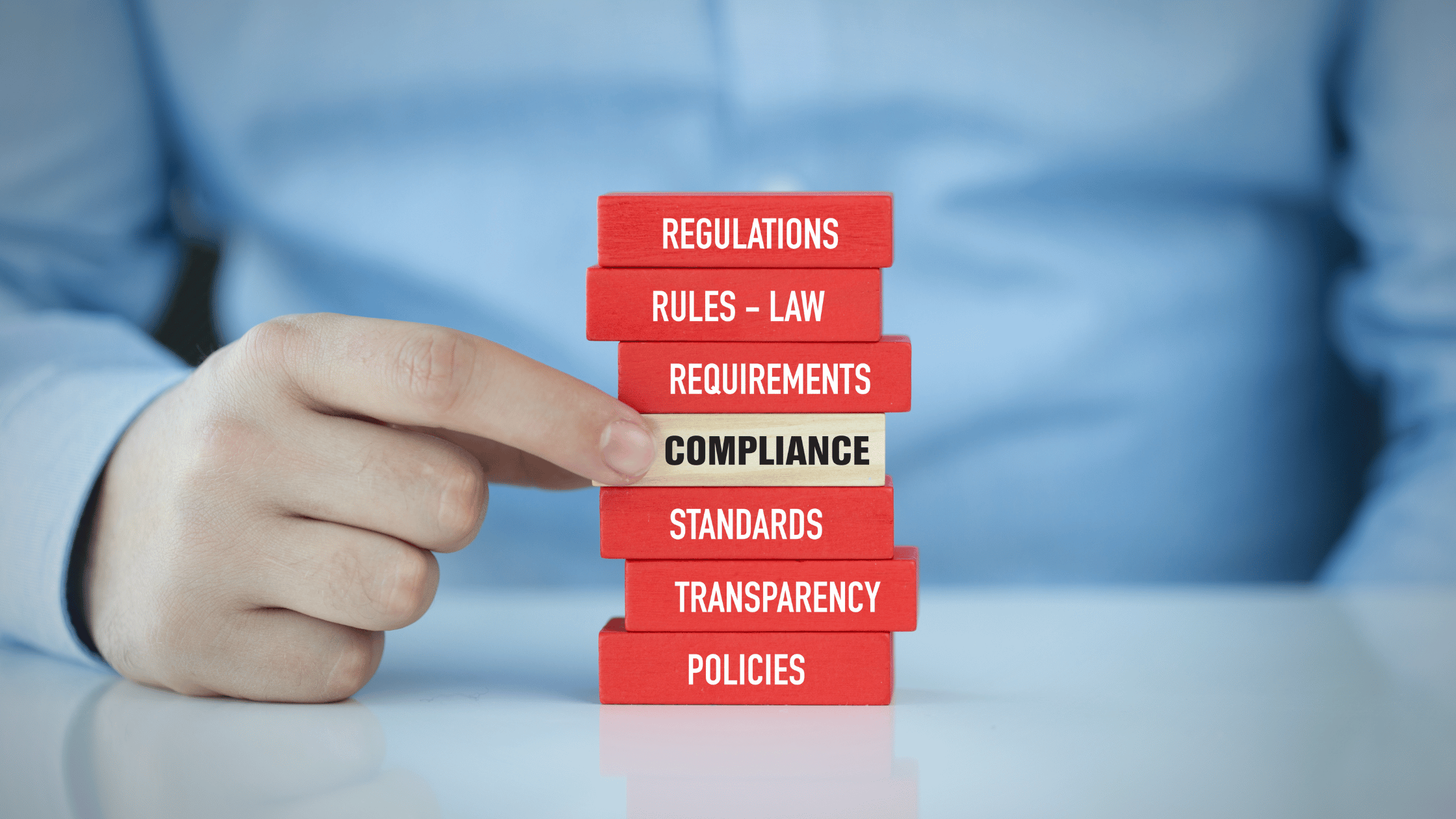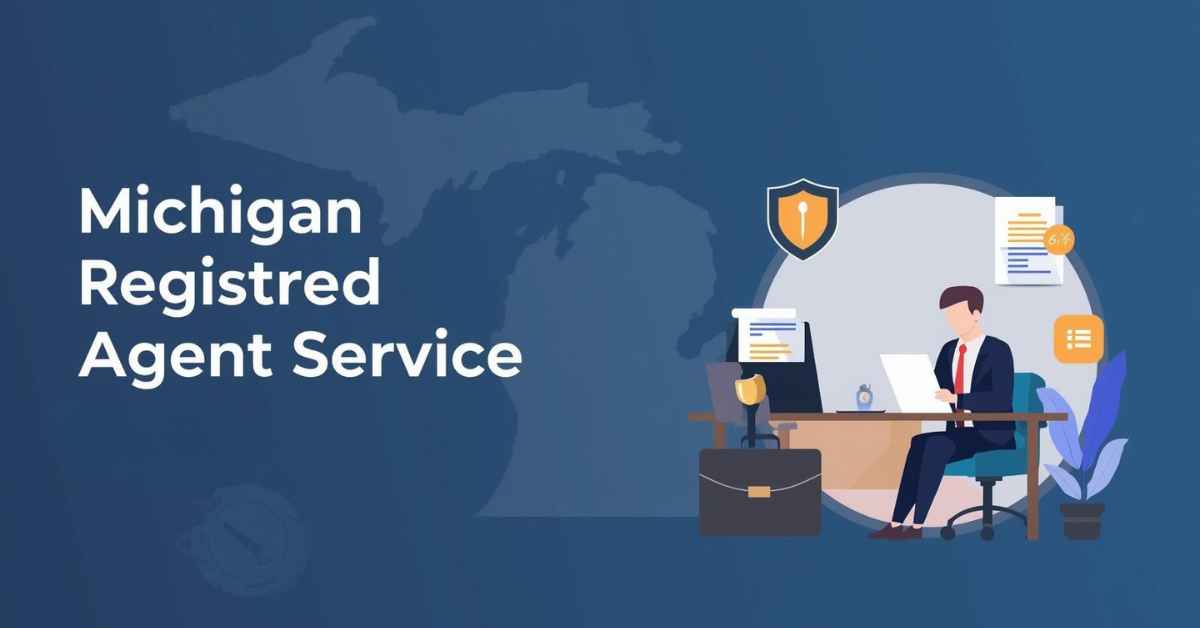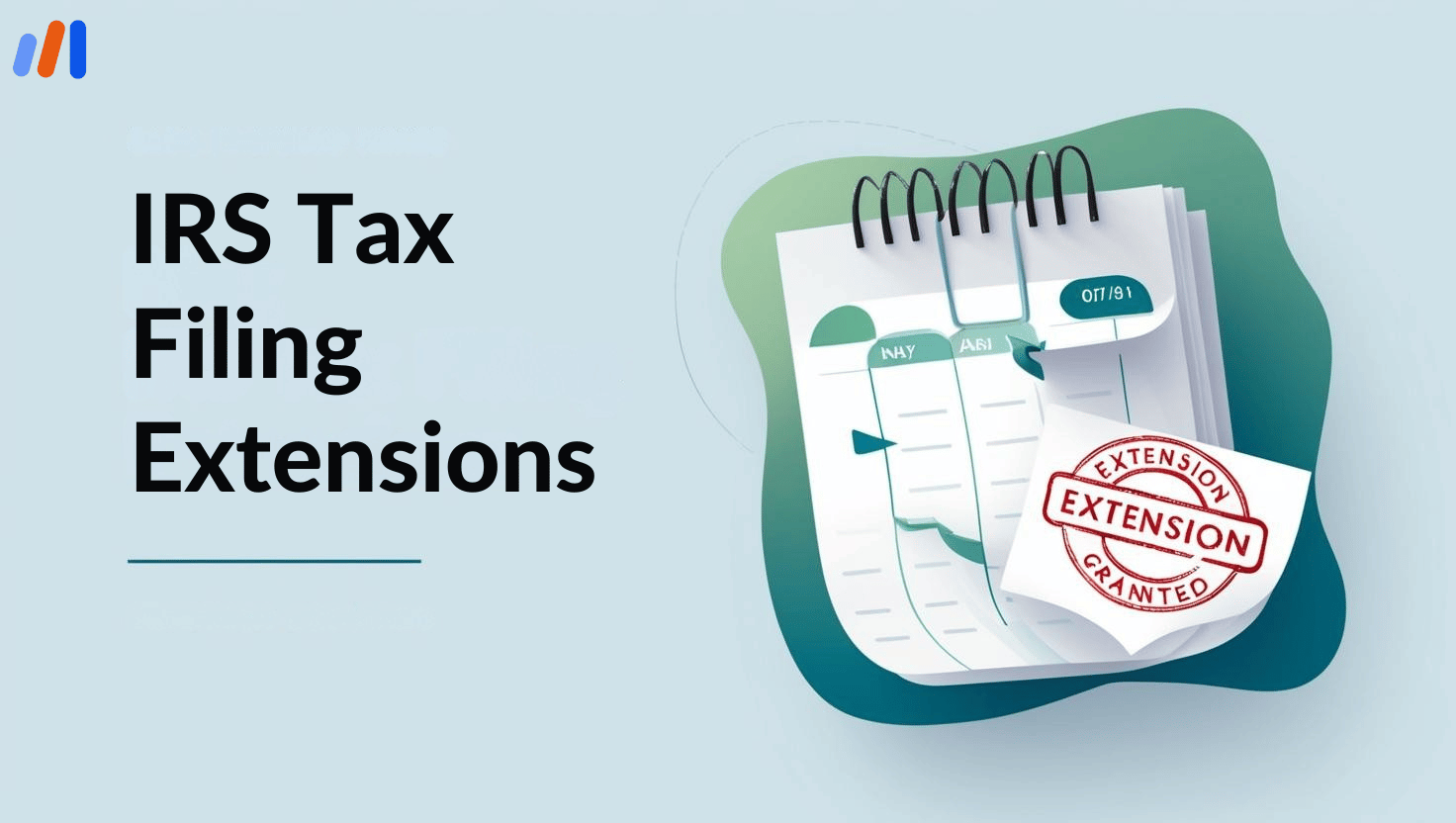Perhaps the most important pre-requisite in beginning your business would be the formation of a Delaware LLC. It is well known that Delaware is one of the most popular locations among entrepreneurs across the globe due to the favorable business laws and regulations.
Succumbing to the previous step is not the only necessary step; just as important is the element of keeping up with compliance to keep your business in a reputable state and free of penalties, interruptions, or lawsuits.
With this guide, we will explain how to maintain compliance after Delaware LLC Formation and the best practices that would guarantee compliance for your Delaware LLC every year.
Why Compliance Matters for Delaware LLCs
Because of the many dynamics entailed in business, there are many rules and regulations. Every jurisdiction has regulatory guidance which is vital for every business and business activities. In the case of Delaware, necessary compliance includes:
- Legal Protections: The security of the owners is protected by the LLC against legal liability.
- Penalties: Failure to comply would normally result in fines, interests as well as administrative dissolution of the business.
- Opportunities: Many contracts, partnerships, and funds may only be procured by being in good standing.
- Trust: Compliance ensures that clients, investors as well as partners have more faith in your business.
Let’s take the requirements for compliance one at a time.
1. Pay the Annual Franchise Tax
One of the most important compliance requirements for Delaware LLCs is the Annual Franchise Tax. According to Section 18-202, Delaware LLCs do not file an annual report like some other states but they do pay a tax every year to keep their LLC active and in good standing.
Key Facts about Delaware’s Franchise Tax:
- Amount: The fee for LLCs is a one-time charge that amounts to $300, irrespective of the profits, assets, or activity conducted within the business.
- Due Date: The charges are payable on or before June 1st every single year.
- Late Fees: Failure to meet the deadline will lead to the incurrence of a fee of $200 and a charge of interest on the outstanding amount at the rate of 1.5 percent each month.
- How to Pay: Payments are made through a specific portal by entering your LLC number with the Delaware Division of Corporations.
Consequences of Non-Payment:
- Inability to retain your LLC in the standing of “good standing” with the relevant authority.
- Possibility of the state having to terminate your LLC by administrative dissolution meaning that it will be deemed unlawful to use the name of the LLC.
Pro Tip: Put a reminder such as calendar notifications 30 days before the payments are due or sign up for an automated service so that you do not incur any penalties.
2. Keep a Delaware Registered Agent
Under Delaware law, every LLC registered in the state must also name and maintain a registered agent. This sole person or entity will be nominated by the LLC as its official agent to whom all legal processes, tax-related papers, or all other important communication may be directed.
Requirements for a Registered Agent:
- Has a real physical address in Delaware state (P.O. boxes are excluded).
- He or she can deal with legal papers and documents during ordinary or official working hours.
Options for Your Registered Agent:
- Self-Representation: You or one of the members of the LLC can be a registered agent if the physical address is within the state of Delaware.
- Hire a Professional Service: There are several reasons why businesses use registered agent services; the most obvious is for convenience.
Changing Your Registered Agent:
In the case that you want to switch your registered agent, you will need to submit a Certificate of Change of Agent and pay the applicable fees to the Delaware Division of Corporations.
Why This Is Important: If you do not have a registered agent, you may miss out on important legal alerts, incur fines, or remain in bad standing.
3. Keep Your Operating Agreement Updated
In Delaware, there is no necessity to submit an Operating Agreement as part of the LLC documents but it is helpful to have one to run an LLC. The governing document includes information about the business owners, its structure, responsibilities, and rules of operation.
Why You Should Update Your Operating Agreement:
- Voluntary loss of members or involuntary loss of members due to any reason.
- Restructuring the management system as well as roles within the LLC.
- Plans to share profits.
- Consideration of ways to deal with conflicts or disbanding the LLC.
Example from reality:
Think your LLC was originally formed with 2 partners who were splitting their profits evenly, below is Rule One. The third investor you’re bringing in will get a 40% share in profits. That means the Operating Agreement will have to be changed so that all members will be committed to this new structure.
4. Pay Federal, State, And Local Taxes
Taxation can be complicated for most LLCs, especially those having operations in more than one region. Although Delaware tax policy can be considered generous, it is essential to factor in federal and local encumbrances.
Federal Taxes:
- Classification by default:
- Single-member LLCs are deemed to be open as sole proprietorships.
- Multimember LLCs, as partnerships.
- Corporate Taxation: LLC may choose to be taxed as an S or C Corporation for tax benefits.
State Taxes in Delaware:
- Delaware has no sales tax, a great benefit for e-commerce.
- Aside from that, If your LLC engages in business activity in Delaware regularly, expect the Delaware state income tax.
Local Taxes:
If your LLC operates in other states, you may need to:
- Register for sales tax collection in those states.
- File local business tax returns, such as property or gross receipts taxes.
5. Renew Business Licenses and Permits
Your Delaware LLC might be able to operate legally without any business licenses or awards necessary depending on its current industry, and location. They do not have business licenses or permits to conduct their operations please outline below.
Common Licenses and Permits:
- Delaware Business License: If operating in Delaware, then chances are they may need a state license.
- Sector-specific licenses: Certain professional services such as healthcare and real estate may also have special licensing for these operations.
- Local clearances: Physical locations may require zoning clearance and health permits.
Example:
If a Delaware LLC is registered as a Wilmingont-based restaurant then it will require:
- A business license for Delaware state.
- Permits from the health department.
- Local government zoning clearances.
Action Plan: Carry out periodic checks of your licenses and permits to ensure they are valid and active. This is important as penalties and shutdowns may occur without active licenses and permits.
6. Obtain a Certificate of Good Standing
Certificates of Good Standing refer to documents that are concise, reliable, clear, relevant as well as consistent. It is this Certificate, issued by the Division of Corporations of the state of Delaware, that is more official than others, which substantiates the legality of your LLC business through the verification of compliance with all state requirements concerns.
What the Certificate Verifies:
- The annual franchise taxes of your LLC have been paid up to date.
- Your LLC as a Delaware registered agent is alive and well.
- Your LLC is officially active and authorized to engage in business activities.
When You Need a Certificate of Good Standing:
- When Opening Bank Accounts: Most banks will ask for this certificate to be presented so that they verify that the LLC being opened is legitimate and does not contravene any law in the state.
- For Making Loans or Securing Financing: Before making loans or offering to invest in the business, financial institutions and investors may insist on seeing this document.
- For Contracts: Large businesses or governments often demand this Certificate in a firm’s business transactions to guarantee that the LLC is above board and compliant.
- For Registering in Other States: When an LLC intends to be registered as a foreign LLC in another state, this certificate is needed as inclusive for the registration processes.
- For Attracting Clients or Partners: The way the company ensures compliance is likely to instill a sense of confidence in clients, vendors, or strategic partners.
How to Obtain It:
- Access the Delaware Division of Corporations official website.
- Ask for the certificate by providing your file number and relevant fees.
- It is usually sent electronically, however it’s possible to order a hard version.
Validity:
The Certificate of Good Standing may not be rescinded but will go out of date if it was issued 60–90 days ago and presented to a third party.
7. Document Key Business Decisions
Though the law in Delaware does not anticipate the LLC to hold annual meetings, it is desirable and recommended to keep a record and minutes of material business activities, in particular, for an LLC with several members. Proper documentation ensures clarity of issues, dispute minimization, and legal safety when conflicts arise within an organization.
Why Documenting Decisions Matters:
- It evidences that the operating procedures of the LLC have been followed.
- It makes it easier for all the members of the LLC to understand the major decisions and actions taken by the LLC.
- It may come in handy during audits, attempts, or lawsuits.
Key Decisions to Document:
- Financial activities: Allowing loans, big payments, or bills.
- Changes In Members: Things such as adding other members or losing other members, changing members who are, or permitting members of the LLC to hold different positions.
- Changes In Ownership: Transfer of shares of ownership and sharing of profits.
- Changes To The Operating Agreement: Changes in management structure, in the manner in which members vote and how disputes are resolved.
- Contracts Of Major Partnerships: Some contracts are appropriate to take with some vendors, clients, or partners.
How to Document Decisions:
- Meeting Minutes: If member’s or managers’ meetings are conducted in the course of which certain issues are decided, capture the details discussed and conclusions reached and/or decisions made during the meeting.
- Resolutions: For major resolutions, use written resolutions signed by all member or manager parties concerned.
- Maintain Records: These documents should be placed together with other LLC files like tax returns as well as the Operating Agreement.
Example Scenario:
Let’s say your LLC decides to expand and open a new site. In this case, it is also necessary to have a resolution about their signatures on the loan application and the consent of all members of the LLC.
8. Monitor Compliance Deadlines
This means there can be no slack in the whole process and all steps are prescribed to times. For the sake of law, failure or negligence of even one deadline can greatly attract penalties, fees, or worse, suspension of the LLC’s transferable good standing which is bad.
Common compliance deadlines:
- Annual Franchise Tax: June 1 each year is the last day.
- Business License Renewals: These deadlines are likely to vary from one industry to the other and also depending on the jurisdiction getting the license.
- Registered Agent Changes: These changes should not be in the form of a notice that was later than the day the registered agent was removed.
- Tax Filing at the federal level: There is no given framework to adhere to all tax classifications because these filings will be due all around the 15th of April of the same year.
- State tax and local tax deadlines: For a given State or municipality the same cannot be estimated for an LLC which is based there.
How to Stay Organized:
Create a Compliance Calendar: Ensure that all relevant dates like annual franchise tax payment, issue of licenses, and dates for submission of returns are recorded in the calendar.
In this section, we will discuss several ways in which a Delaware LLC can ensure compliance with the law. A Delaware LLC can ensure compliance using several approaches including:
- Hire a Compliance Service Provider: Freelanced services have what is necessary to monitor deadlines and to perform what needs to be executed on your behalf.
- Set Automated Reminders: Email or phone reminders shall be scheduled for 30-60 days in advance of each deadline.
Consequences of Missed Deadlines:
- Not all deadlines are the same: Franchise tax should be paid on time as taxes paid late attract penalties. A franchise tax that is paid late tallies a late fee of $200 plus 1.5% interest every month.
- Extensions of deadlines: Expired business licenses accrue bills and fees which can bring businesses to a halt.
- Taxes: Not meeting federal or state tax deadlines attracts serious audit and penalty measures.
Consequences of Non-Compliance
Allowing that there is a risk that is involved with not complying with the law and regulation as set forth can have implications that are very serious for your Delaware LLC. Awareness of the risks also has benefits that influence why compliance is necessary.
✅ Monetary penalties:
Failure to pay taxes accrued as franchise tax will incur a standard $200 charge for late payments plus any accruing interest. Permits & licenses: Operating without valid licenses places an entity in a position where it may incur enormous penalties.
✅ Good standing status loss:
If a business’s tax liabilities are not settled or other compliance requirements are not met, the business will eventually lose its status of ‘good standing’ with the Delaware Division of Corporations of good standing. This adds the block to your LLC from:
Being able to enter into contracts with major corporations. Operating in other states or regions. Ability to obtain business funding through loans or grants.
✅ Legal Risks:
One possibility is that your LLC is compromised, and this could occur, for example, when owing noncompliant fees. If this is the case, the liability that was meant for the owners of the LLC will have been rendered worthless, exposing the personal assets to the business liabilities.
✅ Administrative Dissolution:
The last step is not following certain compliance even when the violations have been extended. This lastly and at the very minimum sees the LLC getting legally terminated, thus preventing it from operating in that registered name.
How EasyFiling Can Help with Compliance
One thing that will stand out with Compliance is that it will never be easy; in particular for entrepreneurs who are already overloaded with multiple duties. In effect, EasyFiling comes as peppered with such useful service-oriented tools preventing Delaware LLC from missing compliance deadlines.
What EasyFiling Offers:
Annual Franchise Tax Filing: Essential reminders followed by related payments with no hidden charges within Easy Filing services.
Registered Agent Services: Courtesy of Delaware, such attorney duties will always be seeking timely and responsible representation and receiving all essential legal notices.
License and Permit Renewals: Getting, covering, or extending the operational lifespan for legal papers required for establishing the business.
Compliance Tracking: Forwarded information depicting every deadline timeline amongst all other vital aspects that are crucial within US state, federal, and even local domains.
Record-Keeping Assistance: Help how to manage your business records in an orderly manner and keep them updated.
Get Started Today:
Book a free consultation today with EasyFiling and receive a compliance strategy designed specifically for a Delaware LLC. No matter if you are in the early stages of development or have active requirements and obligations, we shall ensure that we assist you in maintaining your company’s compliance status every year.
File Your LLC Today
25$ off with a coupon
Lock in EasyFiling's transparent rates and get lifetime compliance support at no extra cost.
Get Started Now










